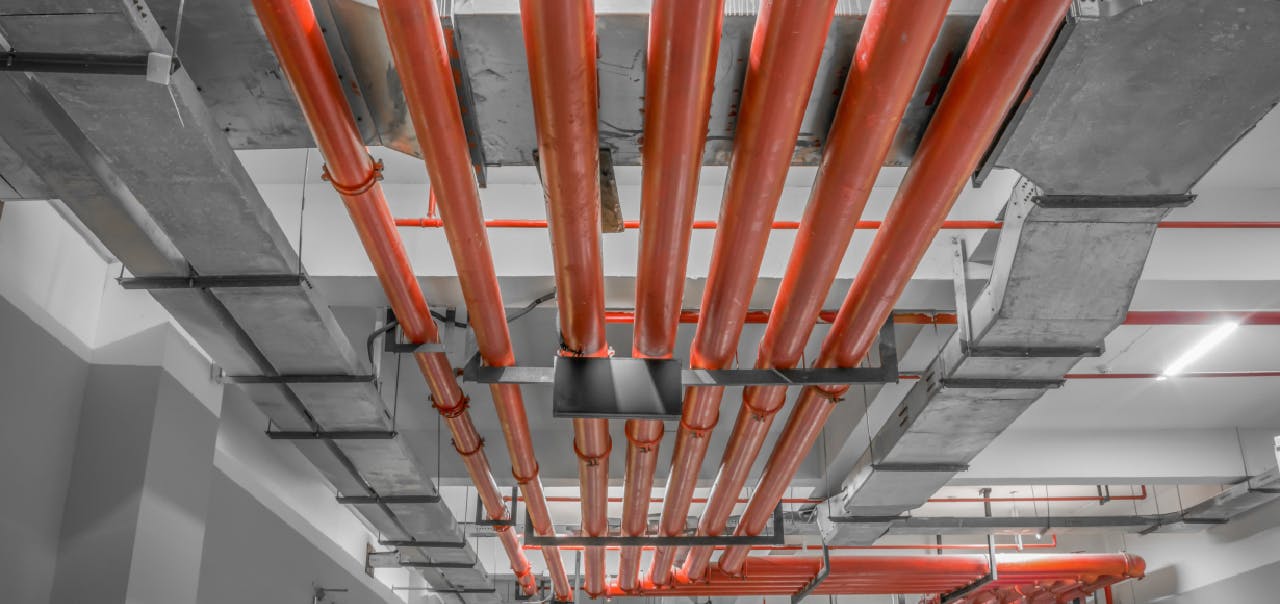National House Builder appoints Clear to collect and collate evidence ahead of legislation.
Background
Following the Grenfell Tower tragedy, and the review of building regulations and fire safety led by Dame Judith Hackitt, the Building Safety Bill has received Royal Assent and is currently into Phase 2 Secondary Legislation. The Bill covers the requirement for a ‘Golden Thread’ of information, with safety considered at every stage of a building’s life cycle.
Duty holders are now responsible for creating, maintaining, and communicating the golden thread of building information in relation to fire and structural safety.
This includes the necessity to demonstrate a building’s compliance with applicable building regulations during its construction and throughout its lifespan. As buildings are maintained and responsibility for the building transfers between different organisations, this safety information must be practically and demonstrably available.
Reason for contacting Clear
A national house builder demonstrated foresight and a customer care-centred approach to their development by wanting to collect and collate the evidence from site to demonstrate the level of works undertaken in areas of the building that would subsequently only be capable of inspection via a destructive survey. As a result, the client was commencing their own ‘Golden Thread’ of building information ahead of the legislation coming into force.
Clear was asked to devise a plan for inspection of various passive fire-stopping works at numerous sites across the UK.
Problems/issues identified by Clear
- Quality of works – Identification of any works not completed to required standards, tracking of these ‘remedial items’ and evidential completion of any remedial items identified.
- Timescale – Building work had already commenced at some of the sites and inspections had to be carried out ahead of work being progressed on the next floor.
- Geographics – Sites were located across the whole of England.
- Recording of information – There was no existing methodology or capture template devised for this type of specialist work.
- Logistics – each site, and each block within, had to be inspected numerous times at various stages of the construction. Any delay in the capture of relevant information would hinder the build project, with resulting financial ramifications.
- Skill set– Clear’s inspectors needed to be up to speed with the latest NHBC standards for fire stopping and cavity barriers.
The Clear response
After gaining access to the relevant client portal, the Clear team familiarised themselves with the specific construction programme and the unique types of building.
Clear then developed a passive fire protection inspection report template, including the clients’ requirements and subsequent requests, until the report was fit for purpose.
During this process, Clear also concentrated on sourcing suitably competent inspectors, with the relevant site experience and qualifications, who would deliver an appropriate and timely report to suit the demands of the client.
Finally, Clear conducted an initial site survey to gain valuable information in advance of proceeding with the project.
End result
The client is able to easily access valuable and uniform records supporting every stage of the build project, for each block, on each site within their portfolio. This can be fed into the existing digital system for storage of building information, the ‘Golden Thread’, together with the passive fire contractors’ certification. This will establish evidence of compliance to building regulations (gained via an independent source), safeguarding the future residents from substandard works, and protecting the developer from any future challenges regarding the standard of construction at any property, to any potential purchaser.
This initiative could also save on costly future remedial or investigative works and enables the client to demonstrate an industry-leading response to forthcoming legislation.






